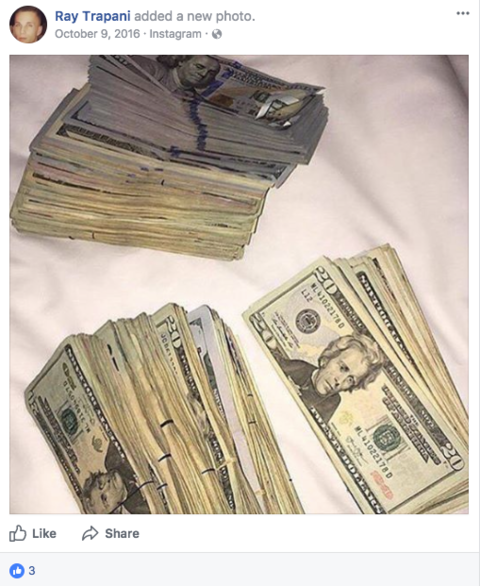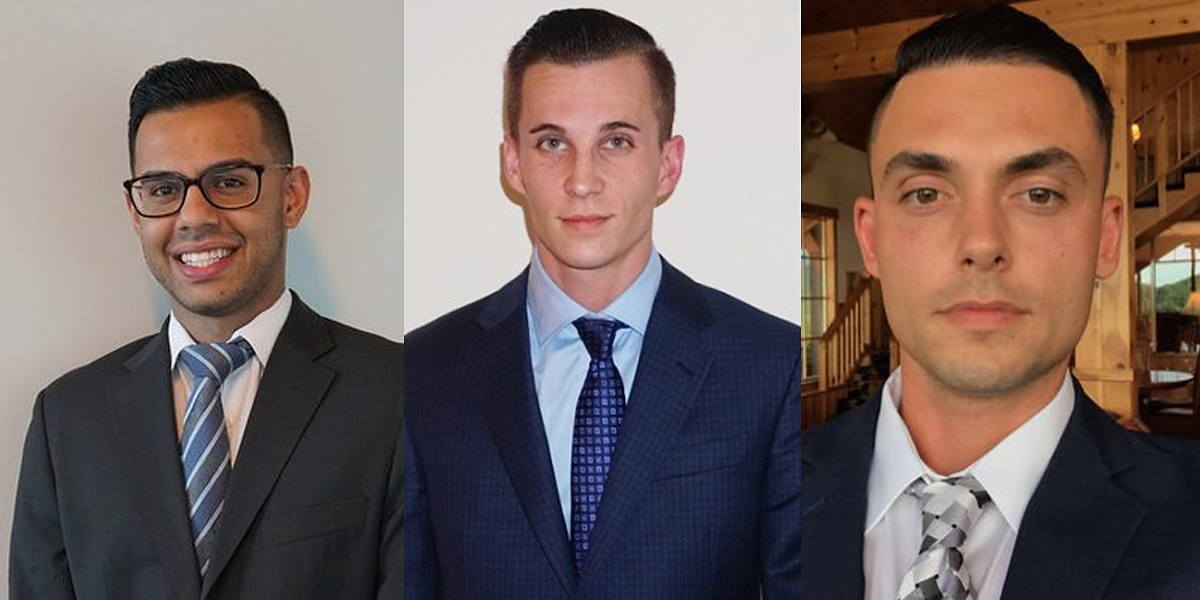- Federal authorities have charged the third Centra founder and an alleged “mastermind” behind the cryptocurrency scheme, Ray Trapani, with fraud.
- Trapani’s cofounders at Centra, Sam Sharma and Robert Farkas, were charged and arrested on April 1 over allegations of fraud related to the startup’s initial coin offering.
- Centra, which claimed to be building a debit card for cryptocurrencies, raised $32 million in its September ICO.
- The three co-founders exchanged text messages about cooking up false documents and blaming freelancers for misleading marketing materials, according to the SEC.
An alleged “mastermind” behind the controversial cryptocurrency startup Centra is facing federal criminal and civil charges related to the company’s $32 million initial coin offering (ICO) in September.
Centra cofounder Ray Trapani was charged with fraud by the Securites and Exchange Commission on Friday. The news comes nearly three weeks after Sam Sharma and Robert Farkas, the other co-founders of Centra, were charged and arrested by criminal autorities accusing them of orchestrating a fraudulent ICO.
All three face civil fraud charges from the SEC, as well.
It’s not immediately clear why Trapani, whose involvement with the startup was documented by Business Insider in November, was not included in the original complaint.
But the SEC alleges that it was text messages between the three co-conspirators which "reveal their fraudulent intent."
"After receiving a cease-and-desist letter from a major bank directing him to remove any reference to the bank from Centra's marketing materials, Sharma texted to Farkas and Trapani: '[w]e gotta get that s[***] removed everywhere and blame freelancers lol,'" the SEC said in a press release.
"And, while trying to get the CTR Tokens listed on an exchange using phony credentials, Trapani texted Sharma to 'cook me up' a false document, prompting Sharma to reply, 'Don't text me that s[***] lol. Delete,'" the SEC said.
"We allege that the Centra co-founders went to great lengths to create the false impression that they had developed a viable, cutting-edge technology," Robert A. Cohen, chief of the SEC Enforcement Division's cyber unit, said in a statement. "Investors should exercise caution about investments in digital assets, especially when they are marketed with claims that seem too good to be true."
Centra has been under investigation since February
The SEC first notified Sharma that Centra was under investigation in mid-February, according to the civil complaint. By March 30, "Centra's bank accounts were depleted and most of its employees had been terminated."
Farkas allegedly made a flight reservation to leave the US on April 1 but was arrested before boarding his flight, according to the complaint.

Centra sold $32 million in "CTR Tokens" to investors in September, saying it planned to create a cryptocurrency debit card backed by Visa and Mastercard that could be used at stores just like a credit card. The SEC alleges that Centra had no relationship with Visa or MasterCard. The SEC also alleges that Sharma and Farkas created "fictional executives with impressive biographies" to promote the ICO to investors.
Following its own investigation, Business Insider in November reported it had similarly found multiple fake executive profiles. At the time, the company attributed those profiles to mistakes made by freelancers.
In addition to the other charges, the SEC alleges the company posted false or misleading marketing materials to its website and paid celebrities to "tout the ICO on social media."
After announcing its product in August 2017, Centra brought on board celebrity endorsers including boxer Floyd Mayweather and musician DJ Khaled to promote its fundraising effort.
A lawyer for Centra Tech shared a statement in response to the charges from early April.
"Centra Tech is aware of the allegations and will not be commenting. Mr. Sharma and Mr. Farkas are represented by personal counsel who will be handling the matters," the statement reads.
Read the full story about how Centra's founders raised $32 million here.

